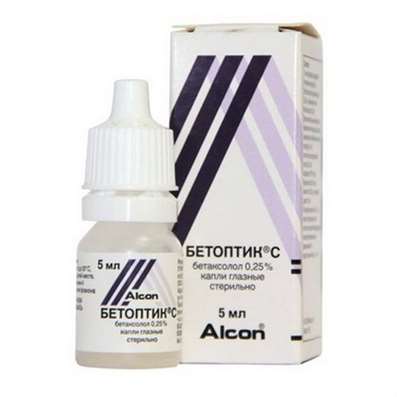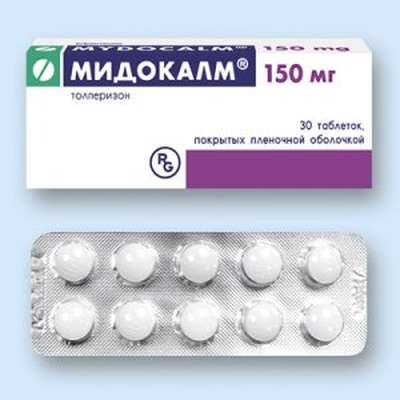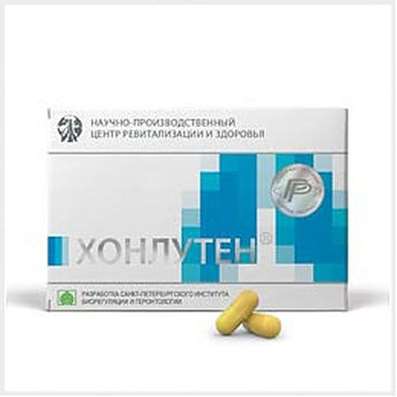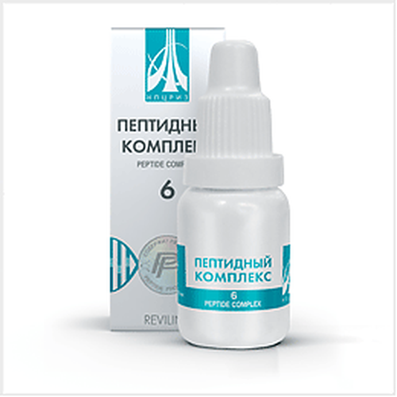Instruction for use: Glycine
I want this, give me price
Trade name of the drug – Glycine
International nonproprietary name Glycine (aminoacetic acid)
Glycine is the drug, which enhances mental efficiency, decreases psycho-emotional tension and vegetative-vascular disorders, enhances mood, normalize the sleep. It has anti-stress and nootropic effect.
Pharmacotherapeutic group: Metabolic drug
ATC code: N06BX
Pharmacological properties:
Glycine acts as a metabolic regulator, normalizes and activates processes of defensive inhibition in central nervous system (CNS), decreases psycho-emotional tension, enhances mental capacity. Glycine has a glycine- and GABA-ergic effect, alpha1-adrenoblocking, anti-oxidant and anti-toxic effects; it regulates activity of glutamate receptors (NMDA); as a result, Glycine is able to:
decrease psycho-emotional tension, aggression, proneness to conflict, enhance social integration;
enhance mood;
ease the difficulties in falling asleep and normalize the sleep;
enhance mental efficiency;
decrease vegetative-vascular disorders (as well in the period of menopause);
decrease severity of cerebral disorders induced by ischemic stroke and traumatic brain injury;
decrease the toxic effect of alcohol and other drugs which depress CNS functions.
Pharmacokinetics
Glycine easily penetrates into most biological fluids and tissues, including the brain; is metabolized into water and carbon dioxide, its accumulation in tissues does not occur.
Indications
Reduced mental efficiency;
stress situations – psycho-emotional tension (during exams, conflicts and other similar situations);
deviant behavior of children and teenagers;
various functional and organic diseases of nervous system which are accompanied by nervousness, emotional instability, decreasing of mental efficiency and sleep disorders: neurosis, neurosis-like state, vegetovascular dystonia, after-effects of neuroinfections and traumatic brain injuries, perinatal and other forms of encephalopathy (alcoholic genesis as well);
ischemic stroke.
Contraindications
Individual hypersensitivity to the drug.
Glycine Dosage and administration:
Glycine is prescribed sublingually or transbuccally (as a tablet or as a powder after grinding of a tablet); one dose is 100 mg. For practically healthy children, adolescents and adults with psycho-emotional stress, memory and concentration impairment, reduced mental efficiency, mental retardation, or deviant behaviors: 1 tablet 2-3 times a day for 14-30 days.
For patients with functional and organic lesions of the nervous system, accompanied with nervousness, emotional instability and sleep disorders: children up to three years are prescribed the half of a tablet (50 mg) 2-3 times a day for 7-14 days, further50 mg once a day for 7-10 days. The daily dose is 100-150 mg, course dose is 2000-2600 mg. Children older than three years and adults are prescribed 1 tablet 2-3 times a day for 7-14 days. The duration of treatment can be increased to 30 days; if necessary, the course may be repeated after 30 days.
For patients with sleep disorders: glycine is administered in 20 minutes or just before going to sleep; administered dose is 0.5-1 tablet (depending on an age).
For patients with ischemic stroke: during the first 3-6 hours of a stroke progress 1000 mg of glycine is administered transbuccally or sublingually with one teaspoon of water; hereafter 1000 mg per day is administered within 1-5 days, and for a further 30 days 1-2 tablets 3 times per day is prescribed.
In narcology glycine is used as a drug which enhances the mental efficiency and reduces psycho-emotional stress during the remission in case of symptoms of encephalopathy, organic lesions of the central and peripheral nervous system: 1 tablet 2-3 times a day for 14-30 days. If necessary, course may be repeated 4-6 times a year.
Adverse reactions
Allergic reactions are possible.
Drug interactions
Glycine reduces severity of adverse reactions of antipsychotics (neuroleptics), ataractics, antidepressants, hypnotics, and anticonvulsants.
Dosage form
100 mg sublingual tablets.
Blister with 50 tablets in cardboard pack together with the patient information leaflet.
Storage conditions
Store in a dry place at a temperature under 25 °C, protect from light.
Keep out of the reach of children.
Shelf life
3 years. Do not use after labeled expiration date.
Prescription status
No prescription required.

 Cart
Cart





